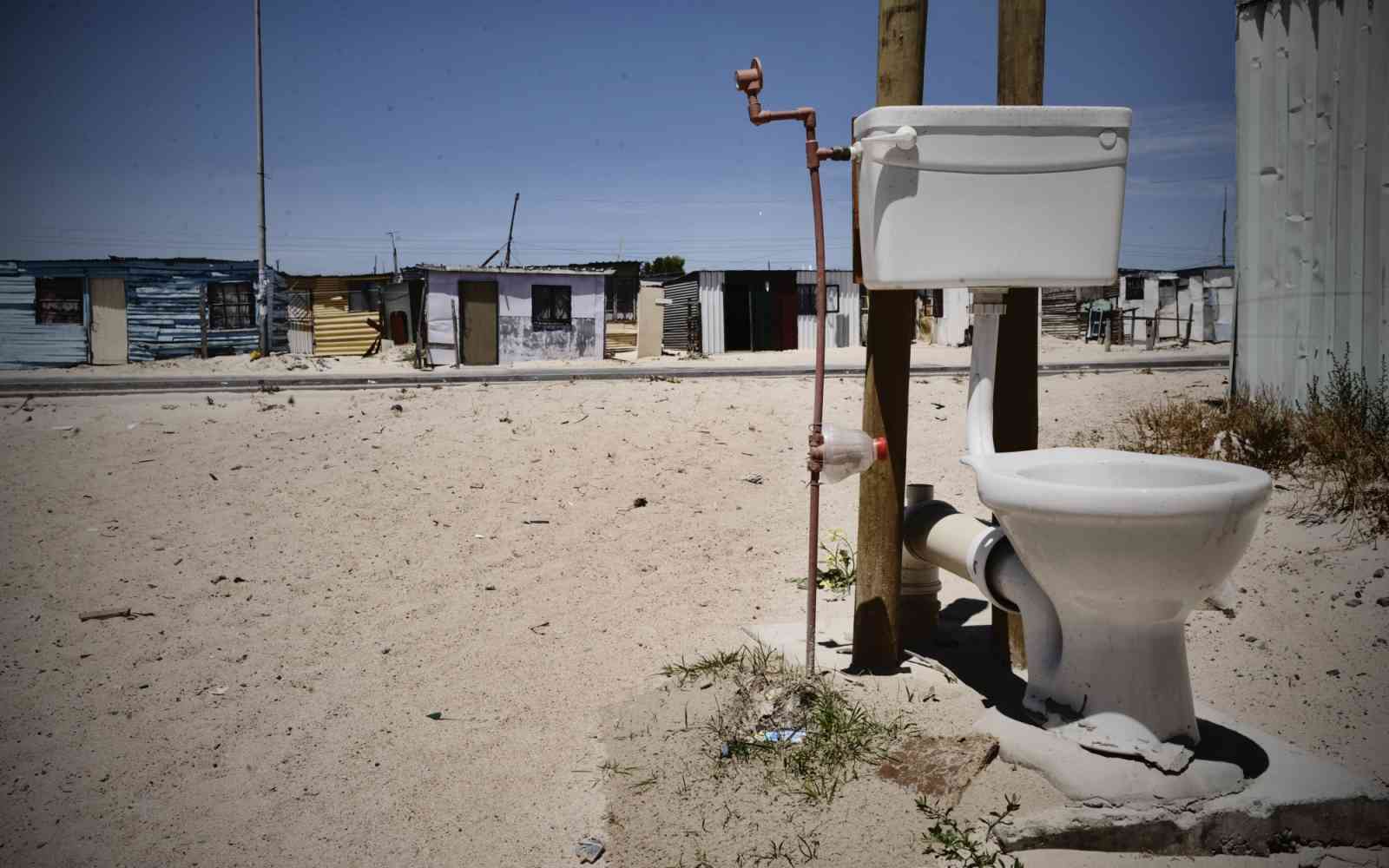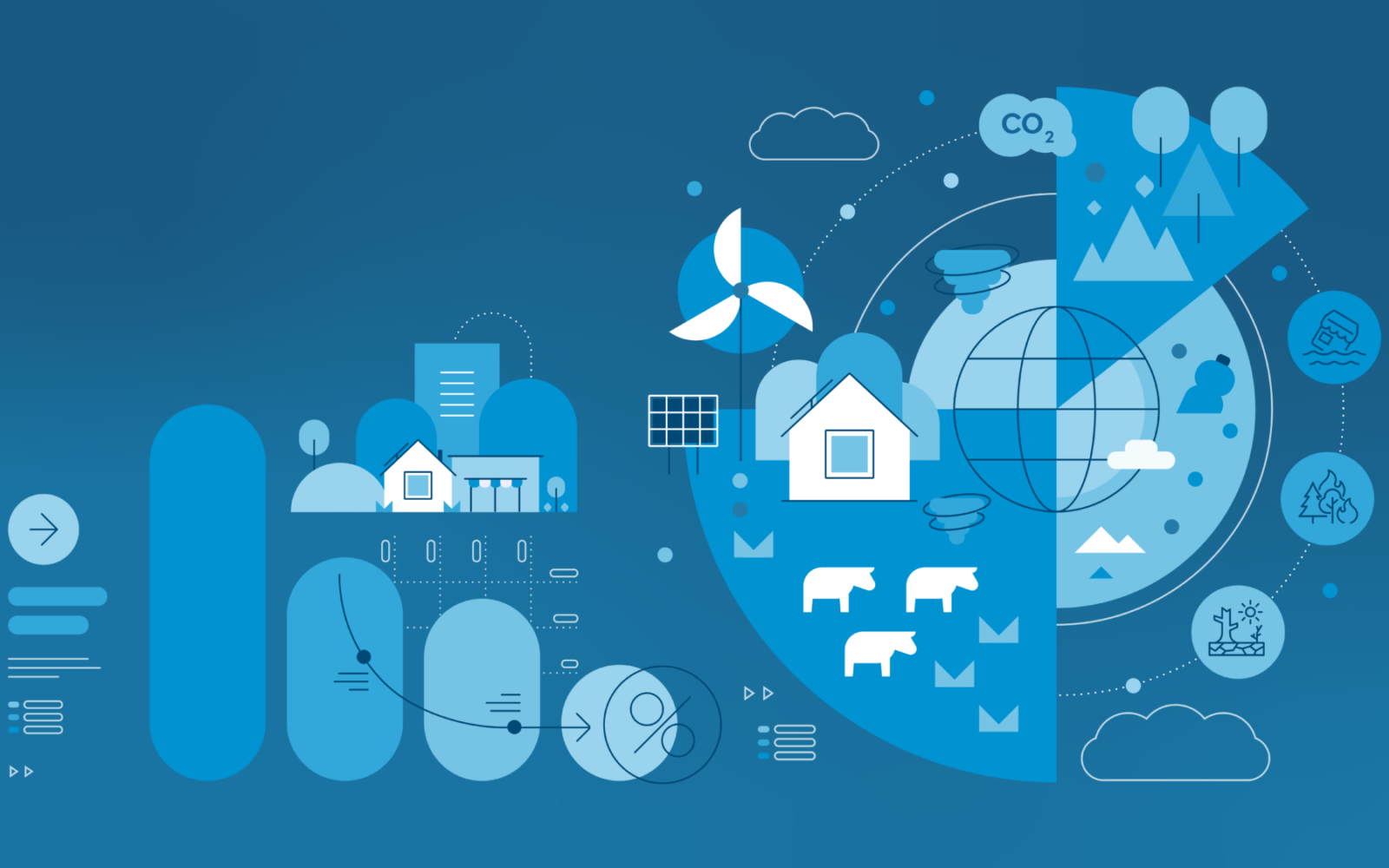The United Nations Office for Project Services (UNOPS)
Shaping our common future
Remarks by Assistant Secretary-General and UNOPS Deputy Executive Director Sonja Leighton-Kone, at the UN Science-Policy-Business Forum Special Session Convened at the Sixth Session of the United Nations Environment Assembly (UNEA-6).
[Check against delivery]
Here is a riddle for you.
What is a thing that starts with “i”, influences every aspect of our lives, contributes to a mind-boggling 79 per cent of all greenhouse gas emissions, and accounts for 88 per cent of all adaptation costs?
You may have guessed - infrastructure.
From homes to schools and hospitals. From roads to power plants. Infrastructure is more than just construction. It is the backbone of a functioning society. It underpins sustainable development, influencing 92 per cent of targets across all SDGs.
“Infrastructure underpins #sustainabledev & is absolutely fundamental to address the triple planetary crisis of climate change, biodiversity loss & pollution."
— UNOPS (@UNOPS) February 27, 2024
UNOPS Dep. Exec. Director @KoneSonja joined #UNEA6 on shaping our common future.
📺Watch: https://t.co/UK70v4f4DQ pic.twitter.com/xwxn90lrMx
And it is absolutely fundamental to addressing the triple planetary crisis of climate change, biodiversity loss and pollution.
Despite this, the role of infrastructure in our climate action often gets overlooked. Our current infrastructure choices are endangering the objectives of the Paris Agreement and the SDGs. This needs to change. We need to make radical changes to how we plan, design, build and manage infrastructure in order to get us back on track towards those objectives.
Simply, the infrastructure decisions we make now define our future climate.
This is particularly important - because infrastructure investments are costly, and because infrastructure is built to last.
Now the question is not whether infrastructure is needed or not. We know that schools, hospitals and homes are needed. Newly industrializing countries and developing countries will need to build and invest in their infrastructure. But how do we develop the right types of infrastructure that ensure economic growth is achieved in a sustainable and inclusive way?
That means that we need investment and approaches that concentrate on mitigating climate change and building adaptive infrastructure that can weather future shocks.
We need to radically improve energy efficiency.
We need to move away from our reliance on environmentally damaging and high-carbon-emitting construction materials like concrete and steel, to shift to bio-based materials.
And we need to integrate nature-based solutions into the ‘mainstream’ infrastructure planning.
Allow me to give you some examples of how we do this in UNOPS - which has expertise in infrastructure, procurement and project management.
We work with governments and other partners to implement infrastructure that supports the achievement of development priorities through inclusive design and construction practices. But we also support governments in upstream planning and downstream management of infrastructure systems, including here in Africa.
In Ghana - for example - we worked with UNEP, the government and others, to identify areas of climate vulnerability and propose adaptation projects to build resilience. This work looked in particular at the energy, water and transport sectors across the built, natural and enabling environments.
In The Gambia - which has one of the fastest urbanization rates in sub-Saharan Africa - we worked with the African Development Bank (AfDB) to support the government’s efforts for the sustainable development of the Greater Banjul area for the next 20 years.
In Sierra Leone, UNOPS helps provide clean energy to rural areas, electrifying community health centers, and installing distribution grids in villages in a programme that has benefited nearly half a million people. To ensure financial sustainability, the project opened up to the private sector to run the power supply network in each village.
Around the world, UNOPS works with UNEP, UN-Habitat and the Global Alliance for Buildings and Construction to help countries decarbonize their building sectors, in countries such as Senegal, Ghana, Bangladesh, Sri Lanka, Burkina Faso, and India.
We know that we need urgent and fundamental change in how we approach infrastructure. Sure, we need huge policy shifts, far better financing and innovative solutions - but we also need improved capacity for action. And that is where at UNOPS we feel we have a role to play - always in partnership, always focused on practical solutions.
The brilliant Kenyan environmental activist Wangari Maathai once said: “There comes a time when humanity is called to shift to a new level of consciousness... A time when we have to shed our fear and give hope to each other. That time is now.”
She was right then - and her words ring so true now.
Thank you.










